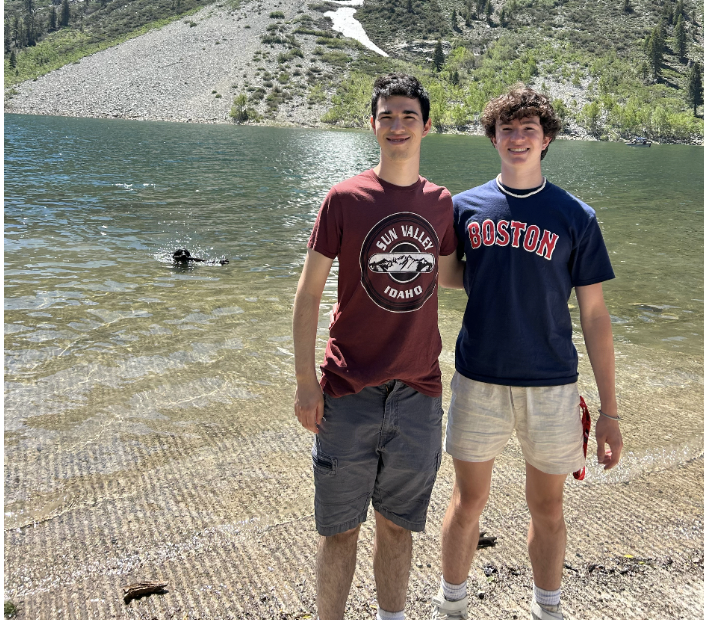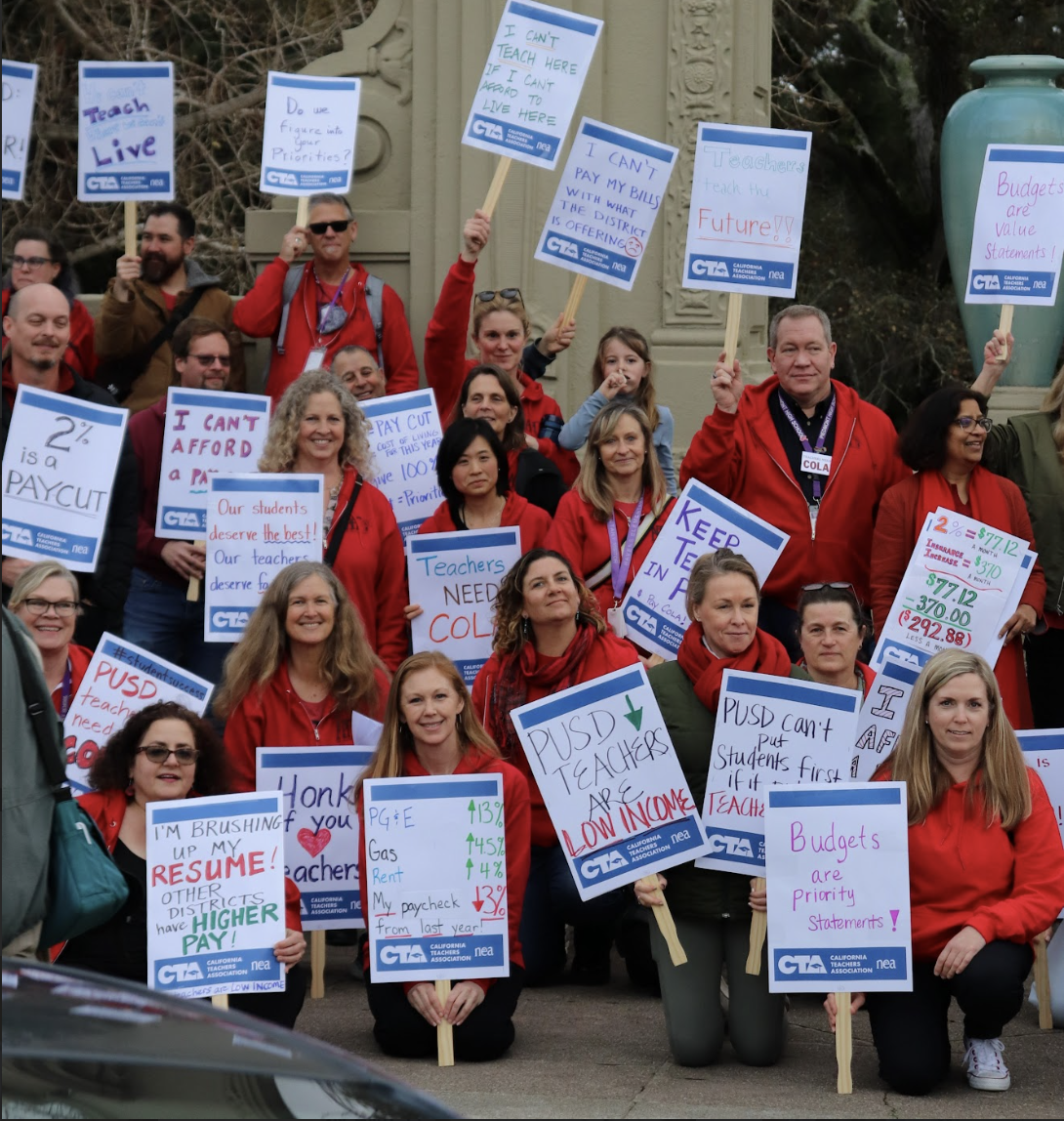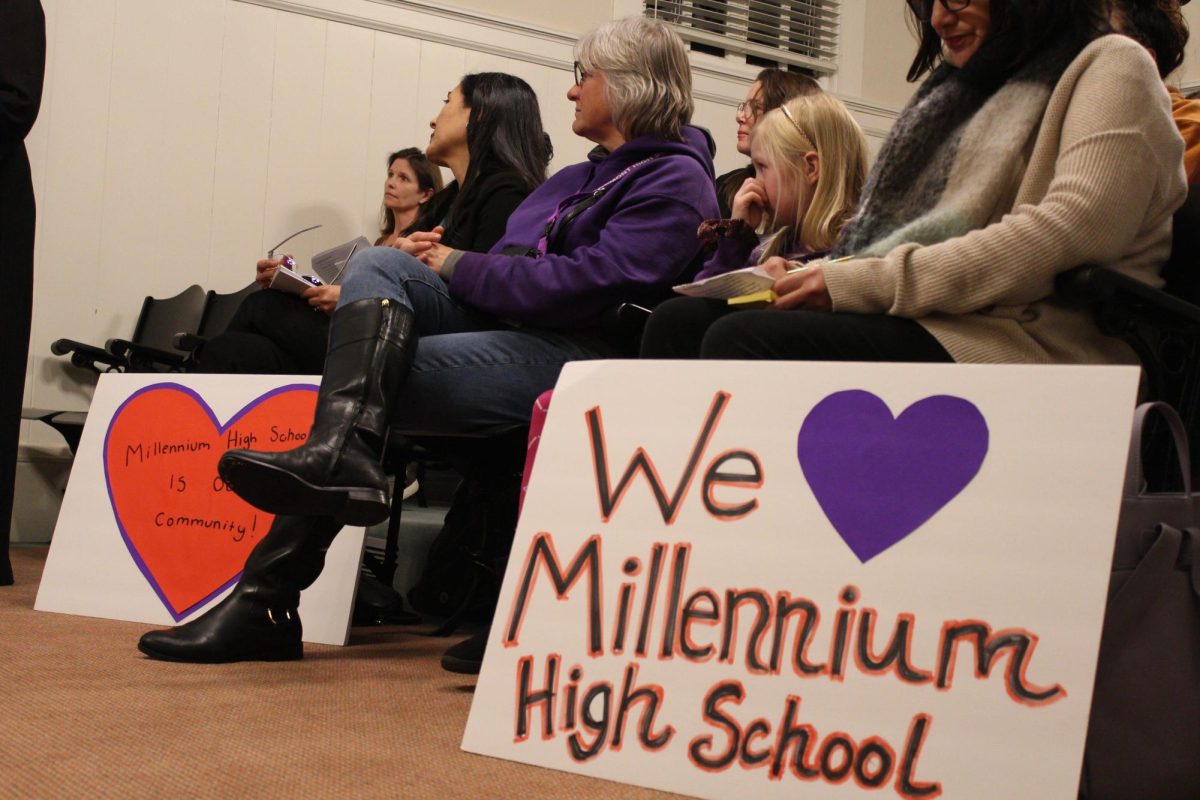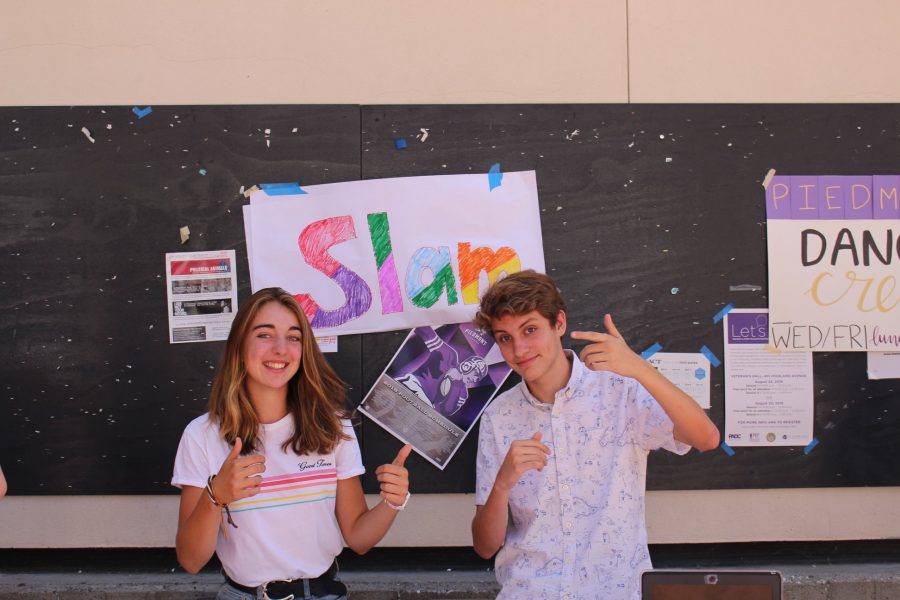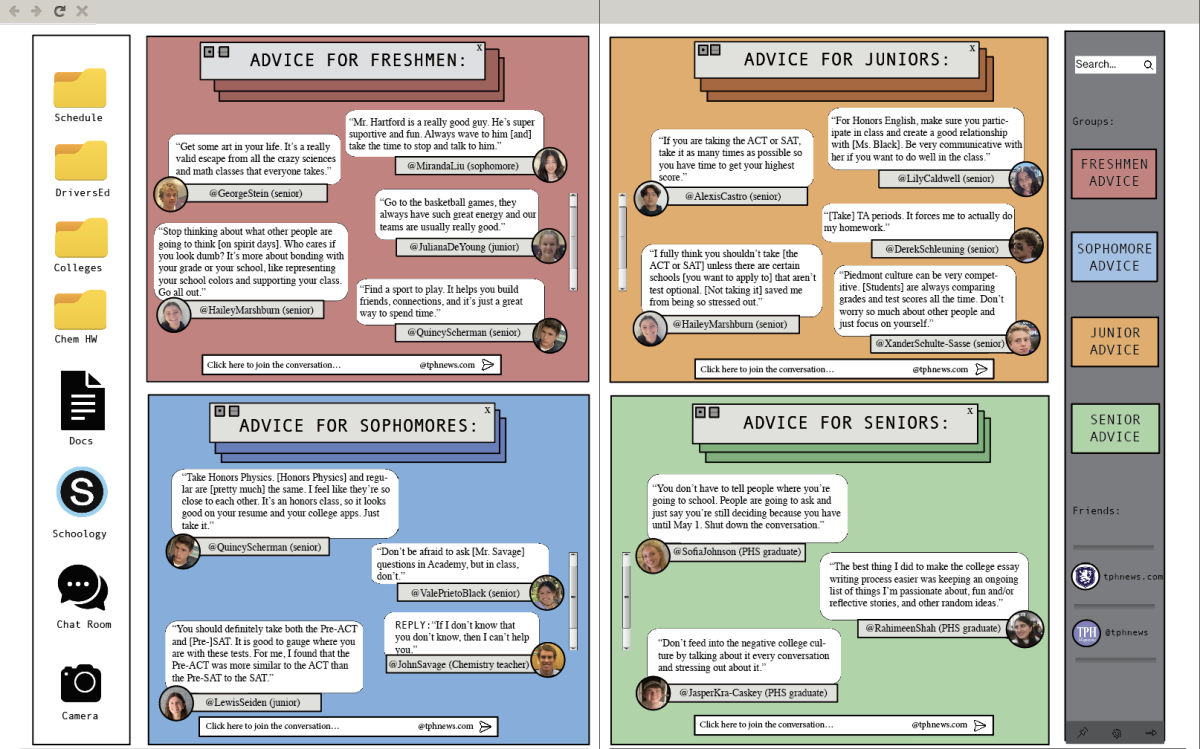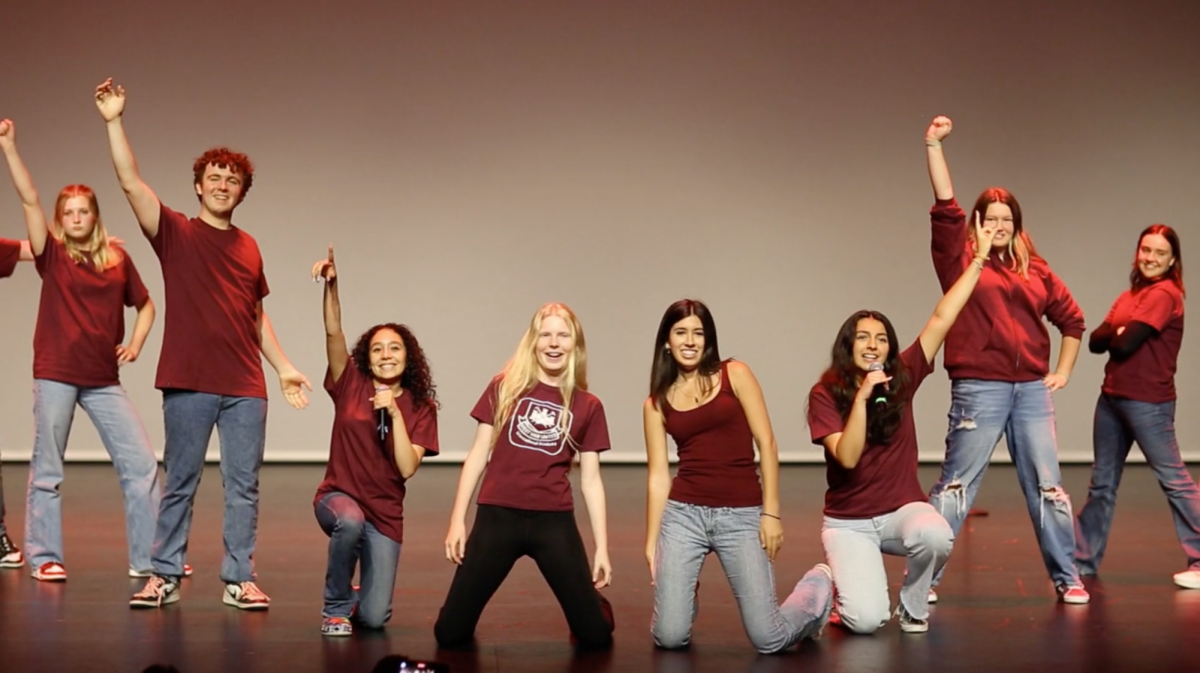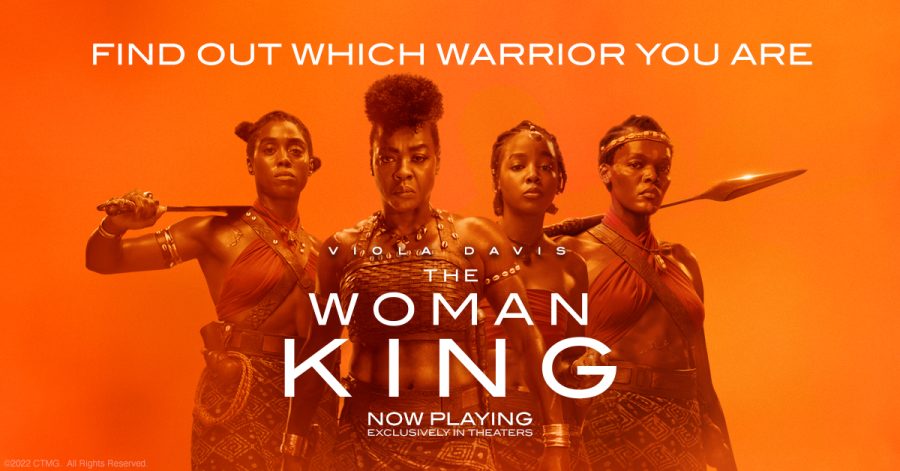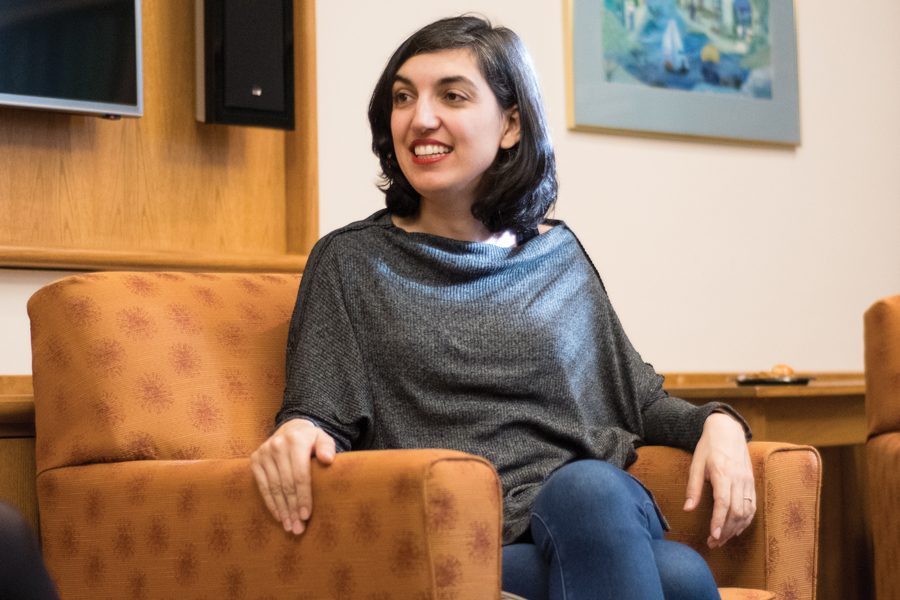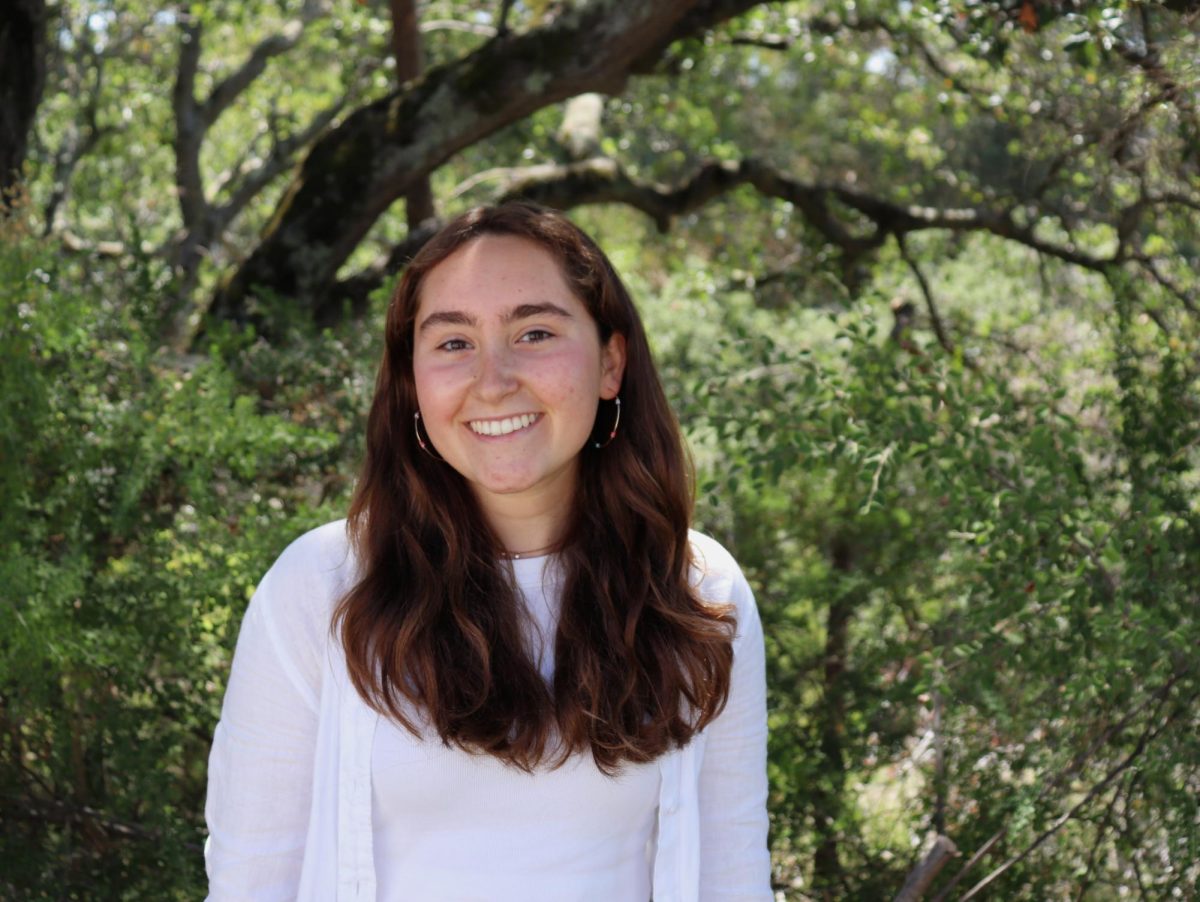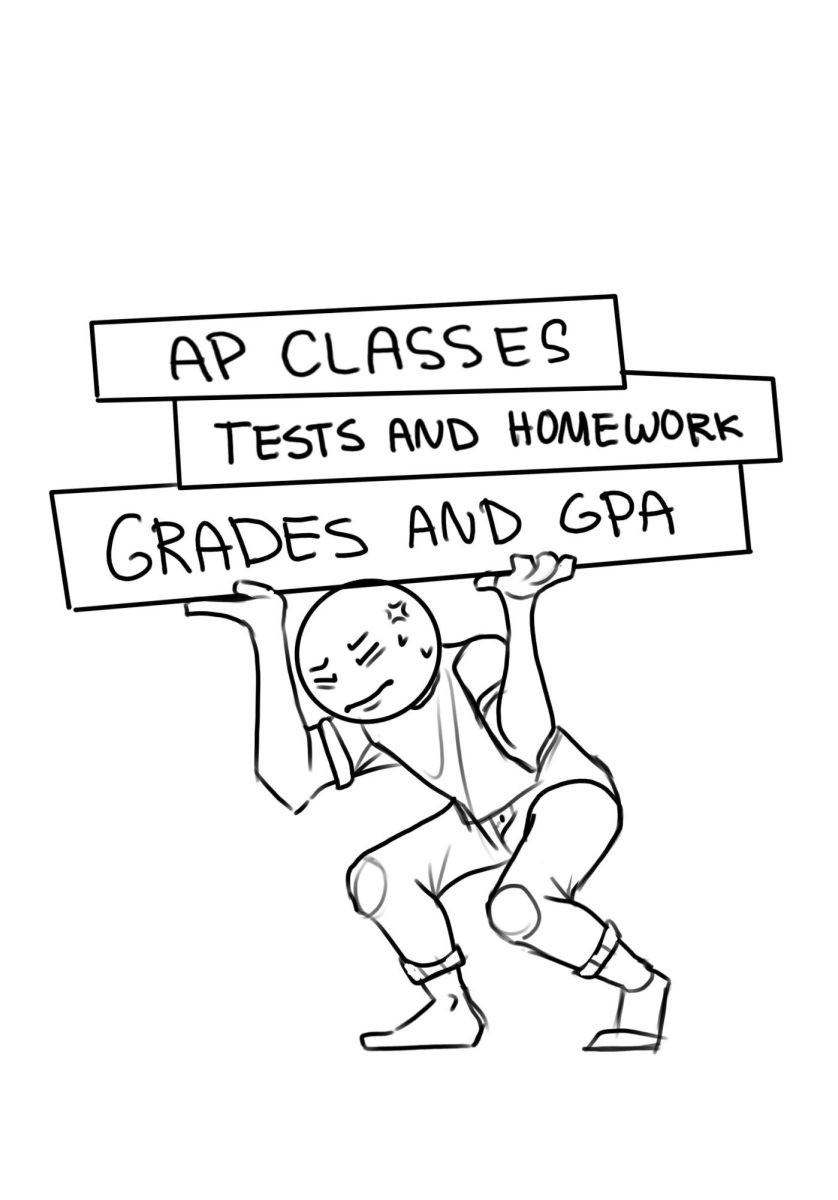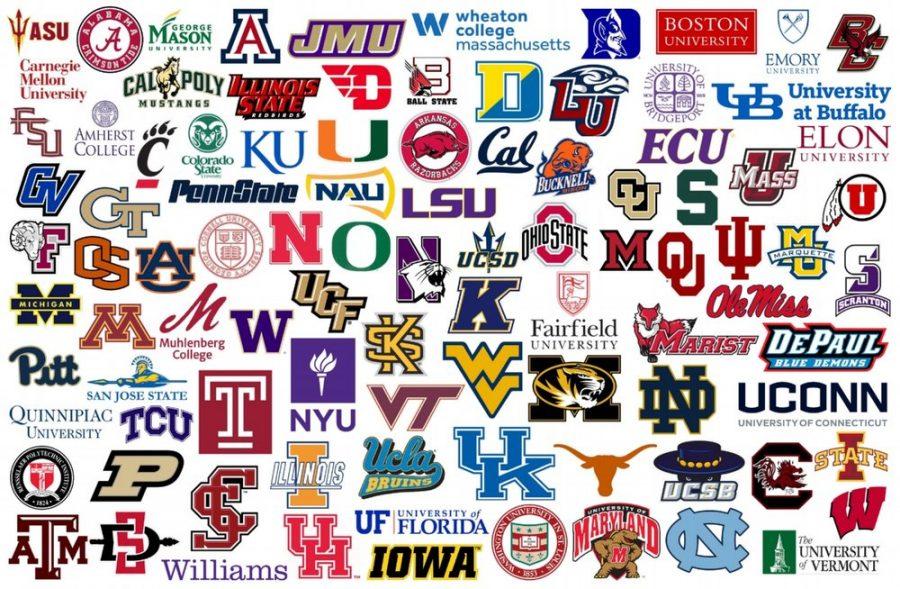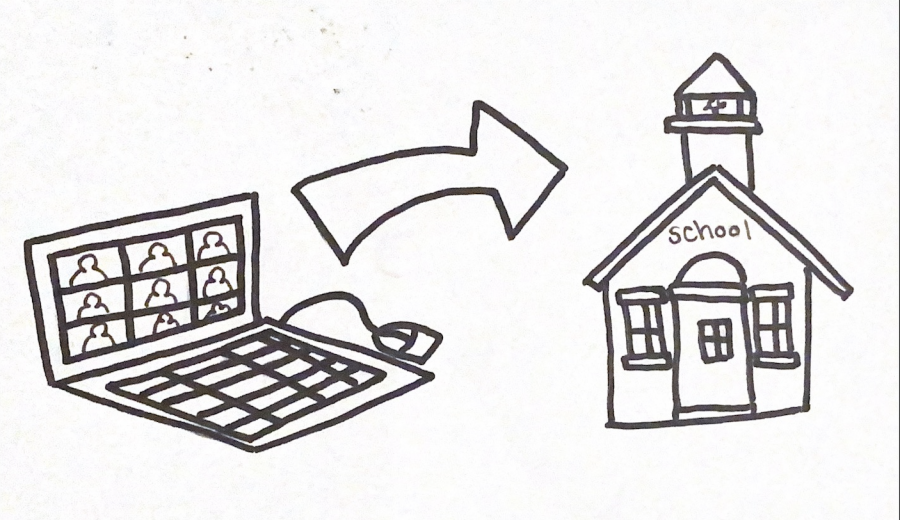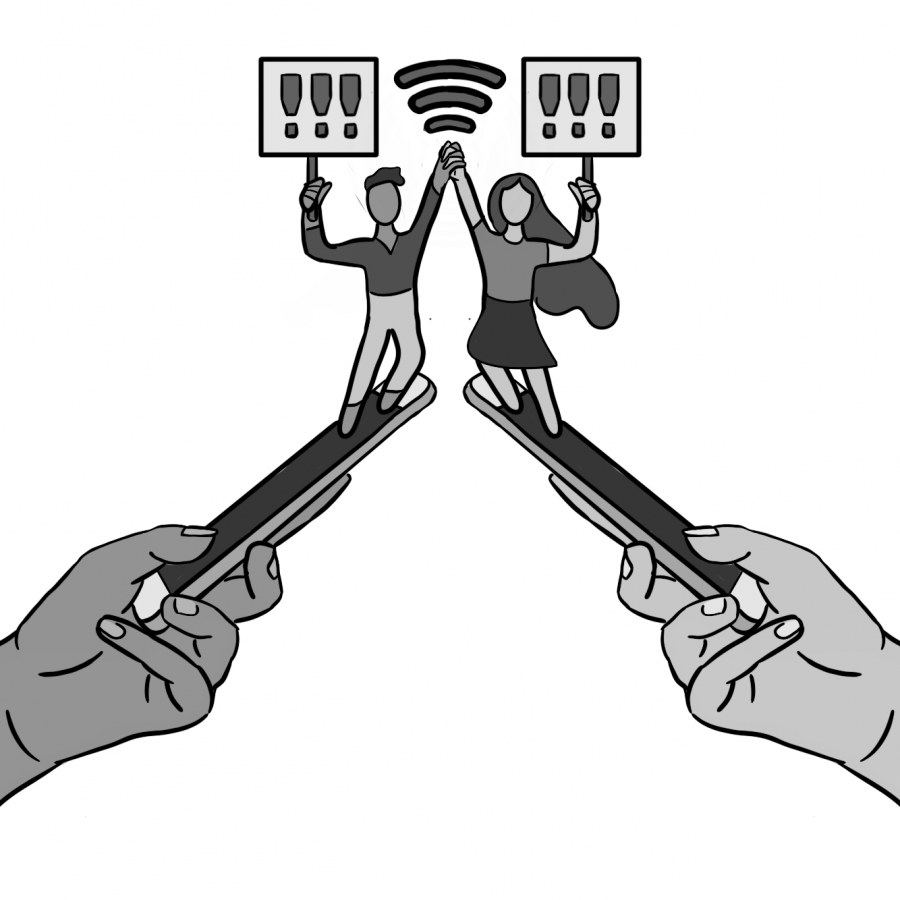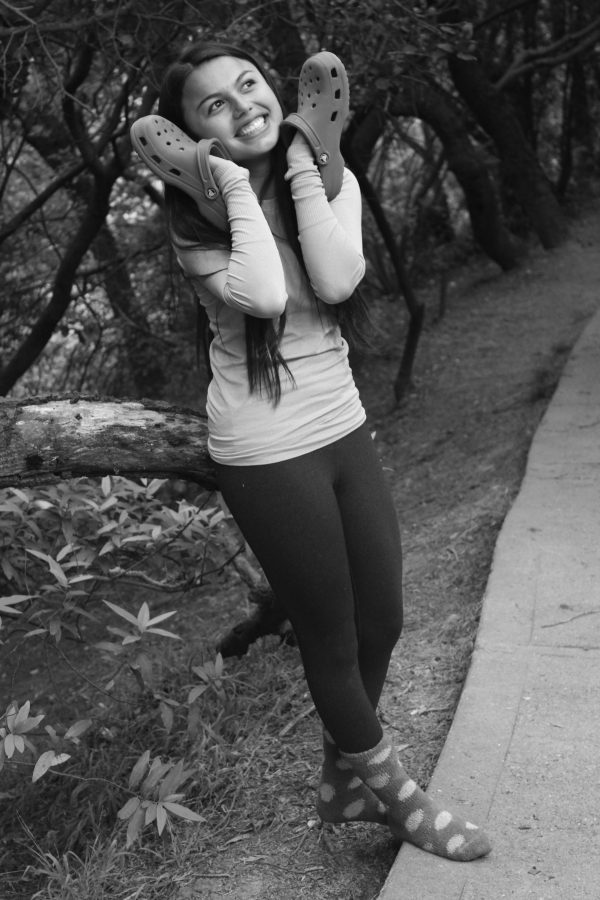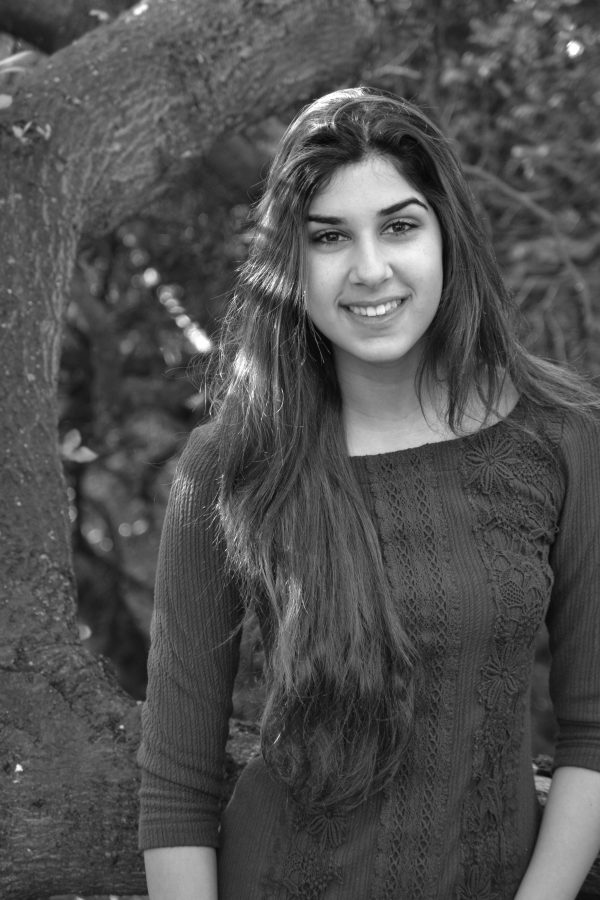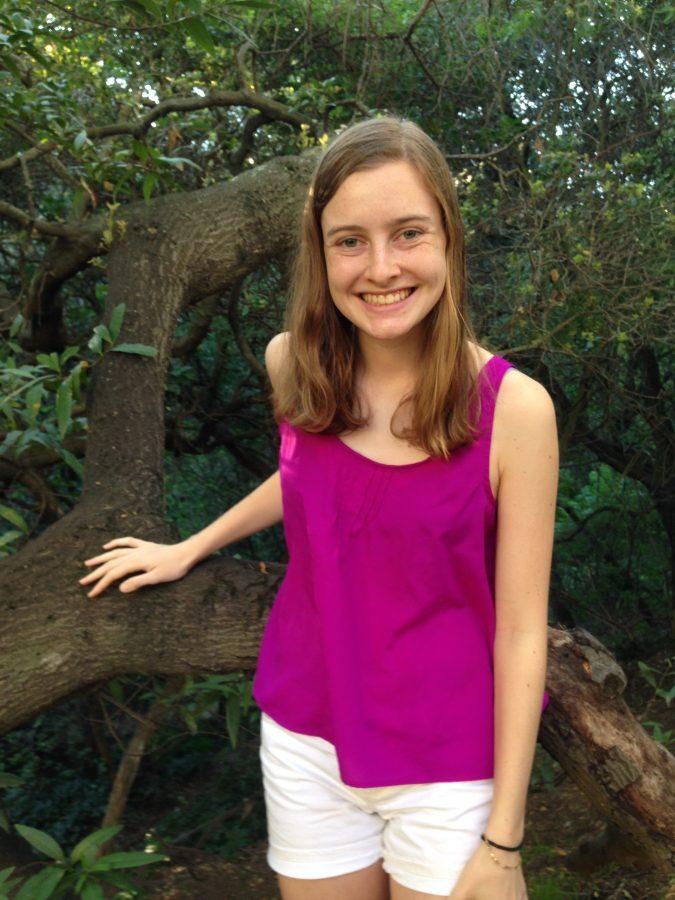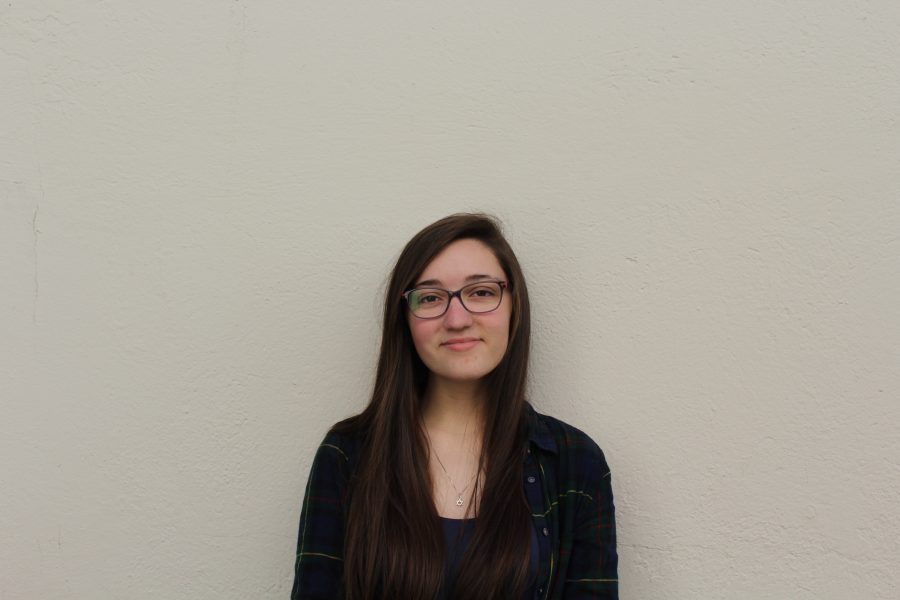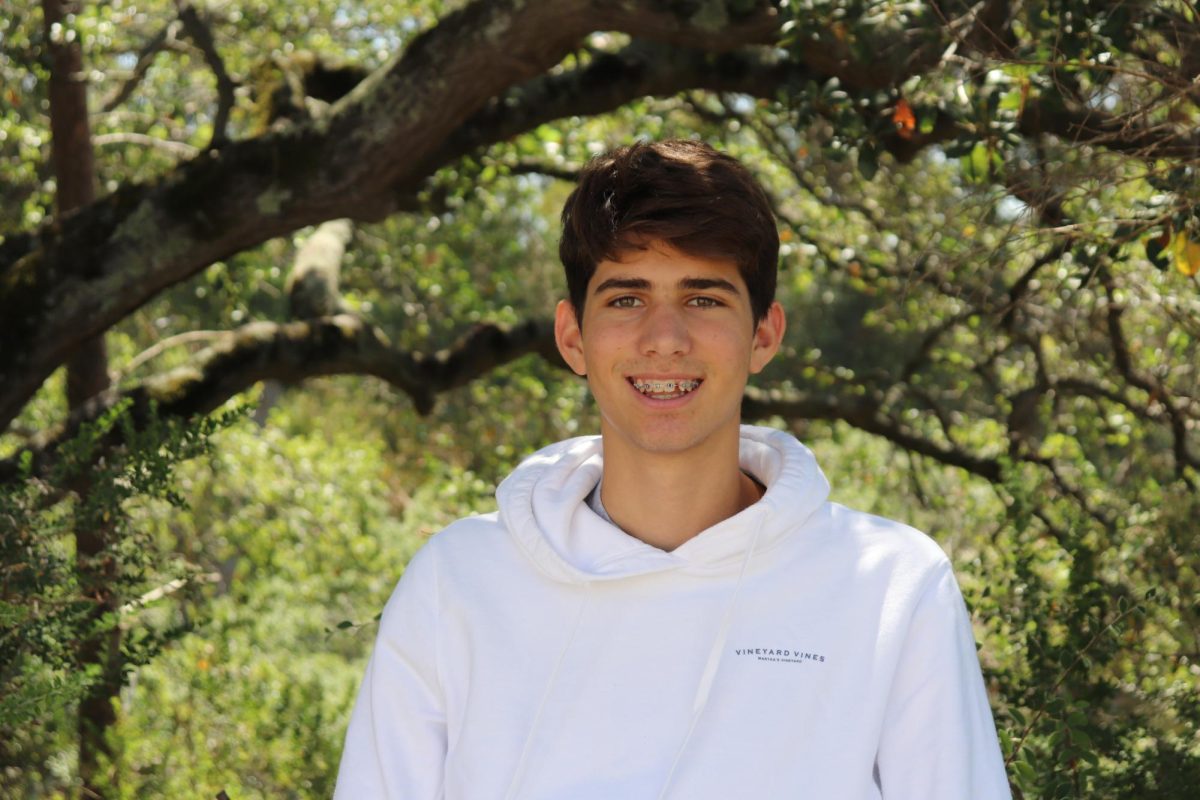It’s that time of year again.
Hot chocolate is peppermint-flavored, Mariah Carey is extra-festive, and advertisements everywhere have gone red, white and green—with the occasional blue and gold, an odd menorah placed next to the ever-present Christmas tree.
As a Jewish person, I know those ads are coming from the right place. But they are missing the mark. It is important for non-Jewish people to understand that Chanukah is not a less popular Christmas knockoff, and all of us, Jewish and not, need to stop treating it like it is.
When Christmas and Chanukah are grouped or equated, actual Jewish practices are being erased in favor of the image of Chanukah as quasi-Christmas. Presents, for example, were absent from Chanukah tradition until immigrant Jewish populations in the early 20th century started integrating into American society. When much of America was advertising its Christian heritage, Jewish communities sought to reinforce their identity by pushing the seasonally-convenient Chanukah towards the mainstream. Retailers picked up on this effort pretty quickly, and soon, Chanukah became another seasonal means of profit. Today, it is common to see a dedicated Chanukah section at Target amidst the sea of red, or noncommittal “Happy Holidays!” posters in storefront windows featuring both wreaths and menorahs.
The issue with this is that despite their proximity in time, Chanukah and Christmas are very different holidays, and we need to start treating them as such. While Christmas is meant to be a religious observance, Chanukah has little or no spiritual significance for Jewish people. There are no special services, no specific obligations other than to light the candles every night for eight days. The meshing of Christmas and Chanukah not only shoves Chanukah’s narrative and cultural history under the rug, but has also lead people to mistakenly perceive it as the Jewish people’s holiest observance. That might seem like a minor misconception, but when it comes to cultural sensitivity, we need to be as educated as we can.
To the same effect, December should not be the only time of year when non-Christian religions and practices get press. We call our upcoming two weeks off of school “winter break” as a nod to holiday inclusivity, but are we really all that inclusive? How much attention are we giving to religions and cultures, for example, whose most important observances fall outside of the winter season?
Of course, there is an element to this problem that simply comes down to convenience. When we don’t know what people celebrate, it makes sense to wish them “happy holidays” during a time when a large majority of Americans are celebrating. When it comes to people we do know, though, like co-workers and friends, it is important to individualize our holiday wishes so that they are more meaningful.
This issue demands that we take a critical look at how we teach and talk about culture and belief. We need to put in the effort to learn more about one another’s observances, especially those, from Ramadan to Rosh Hashanah, that are more often ignored or overshadowed by mainstream society. We need to take the time to ask people about their traditions and how to be respectful of them. If we—as students, as an administration, as people—don’t make the effort to educate each other and ourselves, we run the risk of cultural erasure. Inclusivity is important. Let’s make sure we recognize who we’re including.



